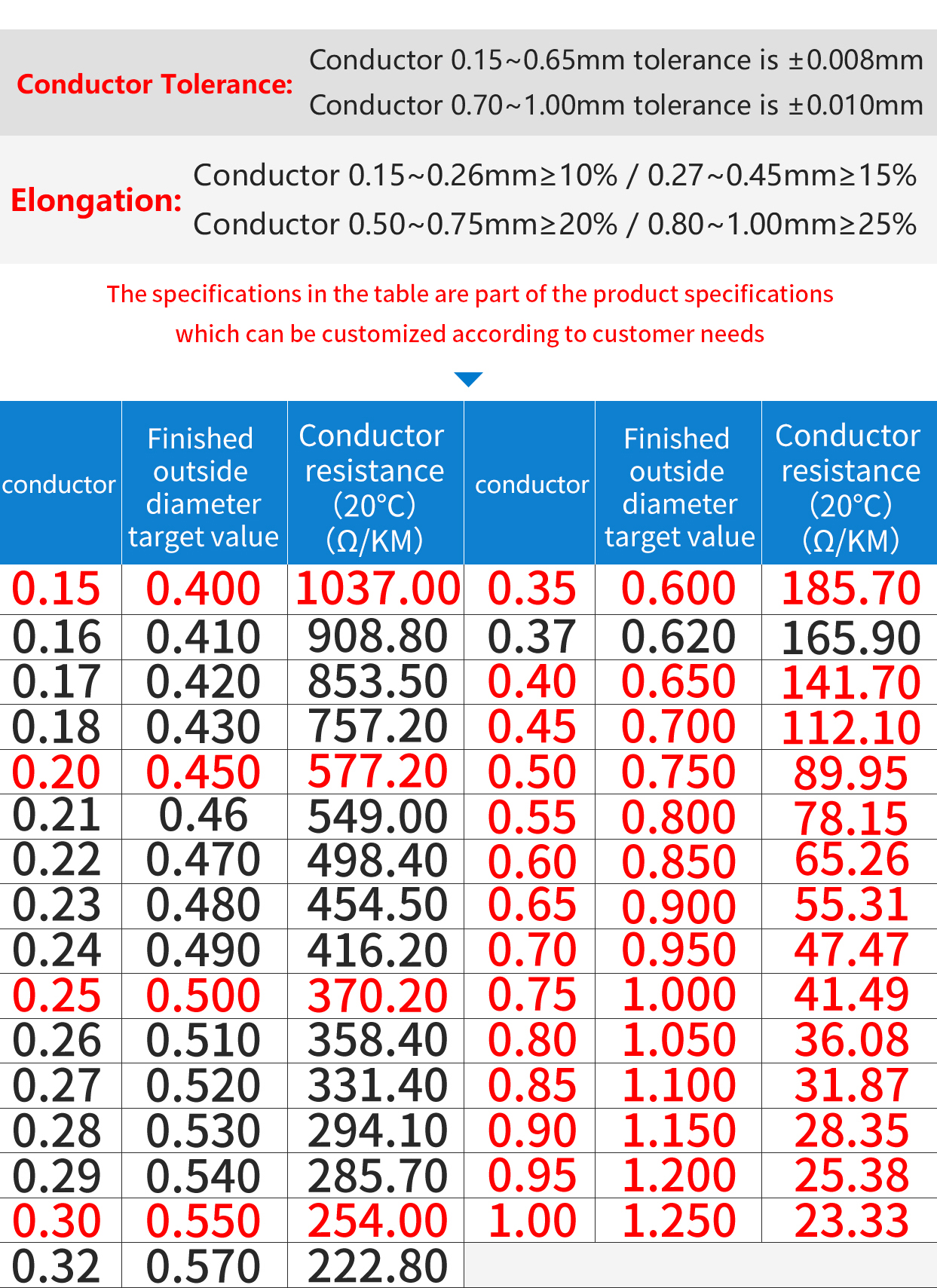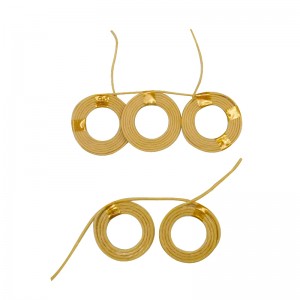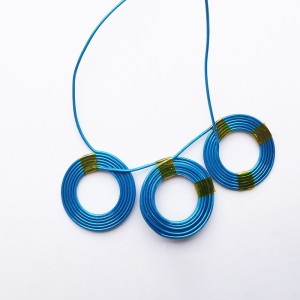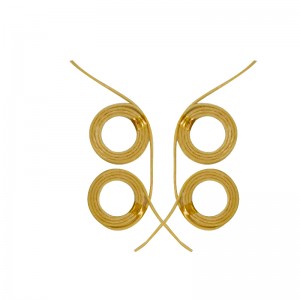Improve working efficiency High power power supply F-class Teflon self-adhesive coil Multi class customizable high performance
Application fields of self-adhesive coils
The self-adhesive coil is favored by the market because it can simplify the wire forming process, improve work efficiency, save energy, and improve environmental pollution, which is conducive to industrial production. It has brought significant social and economic benefits, and is widely used in the manufacturing of various complex or frameless electromagnetic coils, high-power power supplies, wireless charging modules, electric toothbrushes, button battery 5G equipment, photovoltaic equipment, new energy fields, common mode wave devices, multi frequency transformers Impedance transformer, balanced and unbalanced conversion transformer, EMI noise suppression of electronic equipment, USB line of personal computer and peripheral equipment, LCD panel, low-voltage differential signal, car remote control key, etc
The coils of different wire types perfectly inherit the physical and electrical characteristics of this type of wire. Customized winding provides favorable conditions for miniaturization and automation of production
Rated temperature UL standard: 130 ℃/155 ℃/180 ℃ (customizable)
Salt water pinhole test: 0
Take a sample of about 6m, heat it at 125 ℃ for 10 minutes, and immerse it in the test solution (alcohol solution containing 3% phenolphthalein, drop 0.2% edible salt water). The test length is about 5m. The test solution is positive, the test conductor is negative, and apply 12V DC voltage for 1 minute. The number of pinholes must meet the requirements
Withstand voltage test after bending and heat resistance
A sample of at least 30cm shall be tightly wound on the smooth round bar as shown in Table 4 for 10 cycles, with the winding speed of 1~3 cycles per second, and the tension of 118Mp/mm2 shall be applied on the line to make it closely stick to the round bar. During the winding process, it is necessary to avoid the elongation, overlap and damage of the sample. Take the sample from the round bar and put it in the oven at the temperature as shown in Table 5 for 30 minutes. The error of the oven temperature is 5C. Take the sample out of the oven, Allow it to cool naturally to room temperature, and apply voltage to the sample










2-300x300.jpg)


